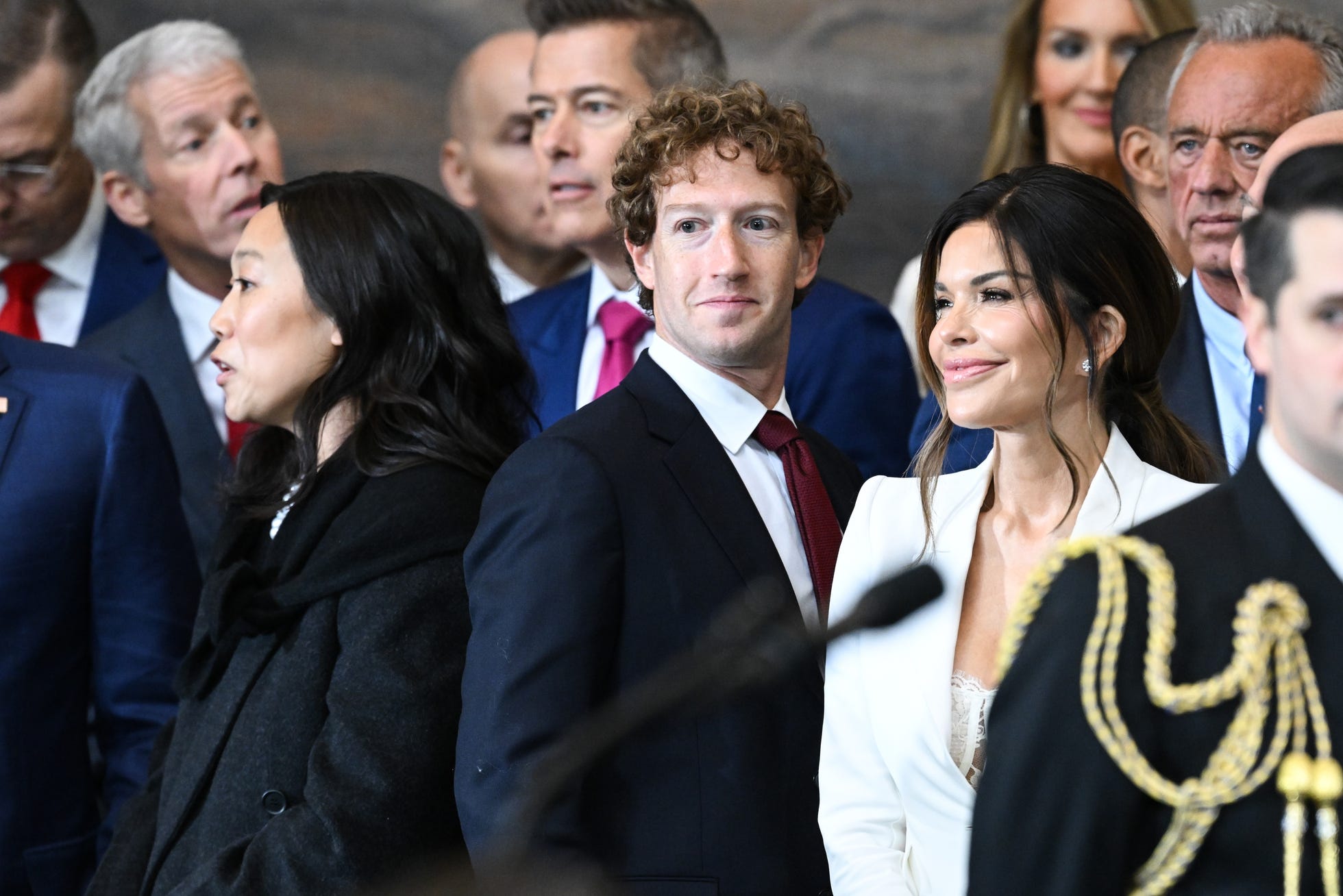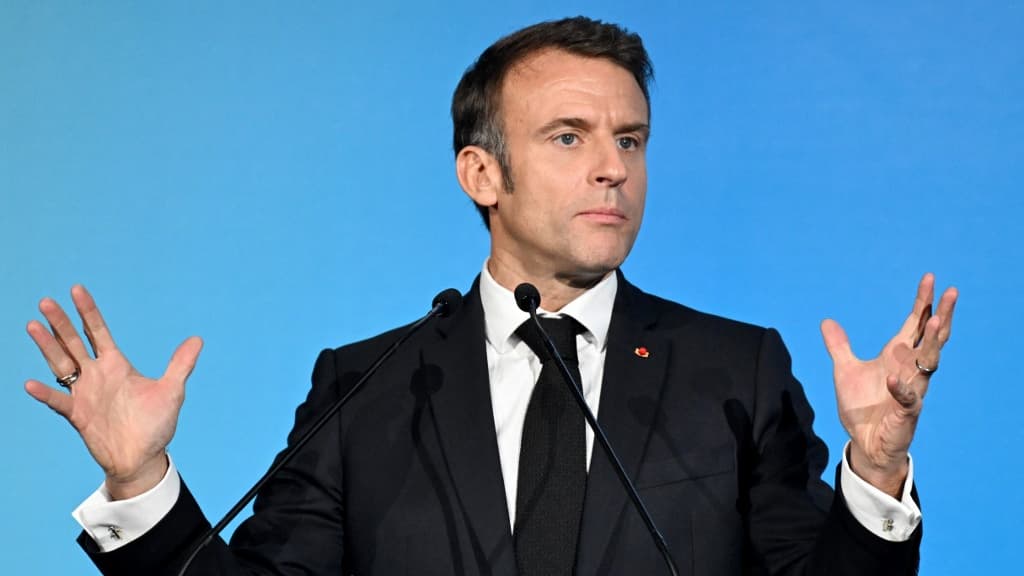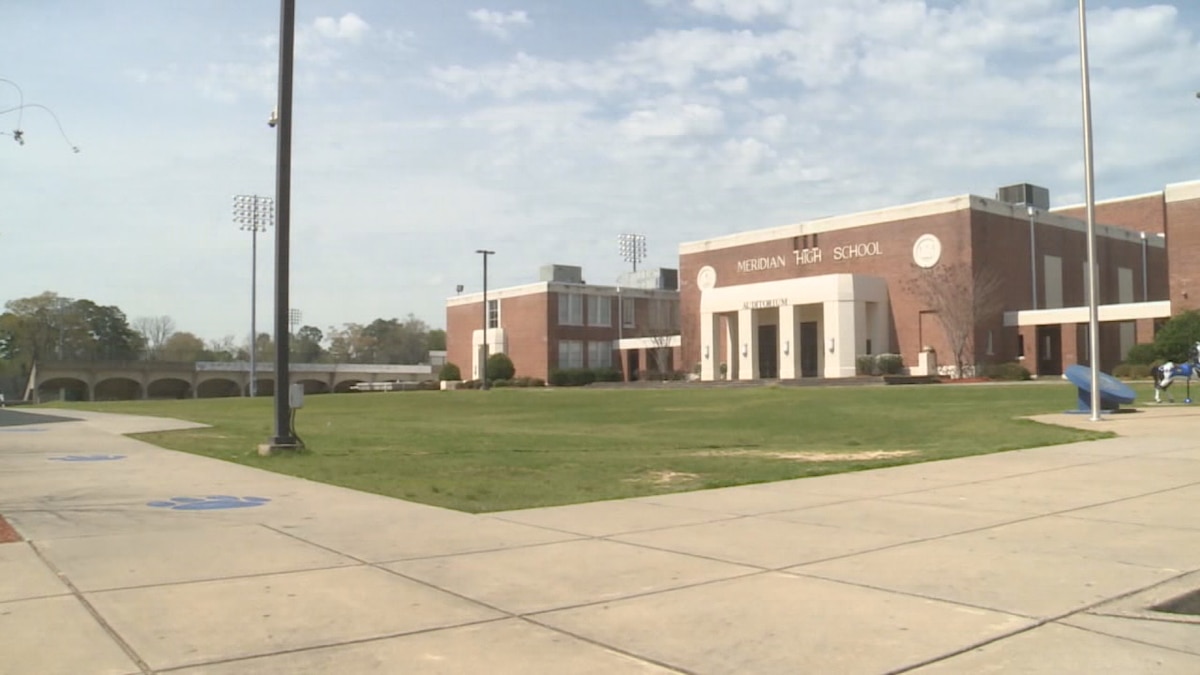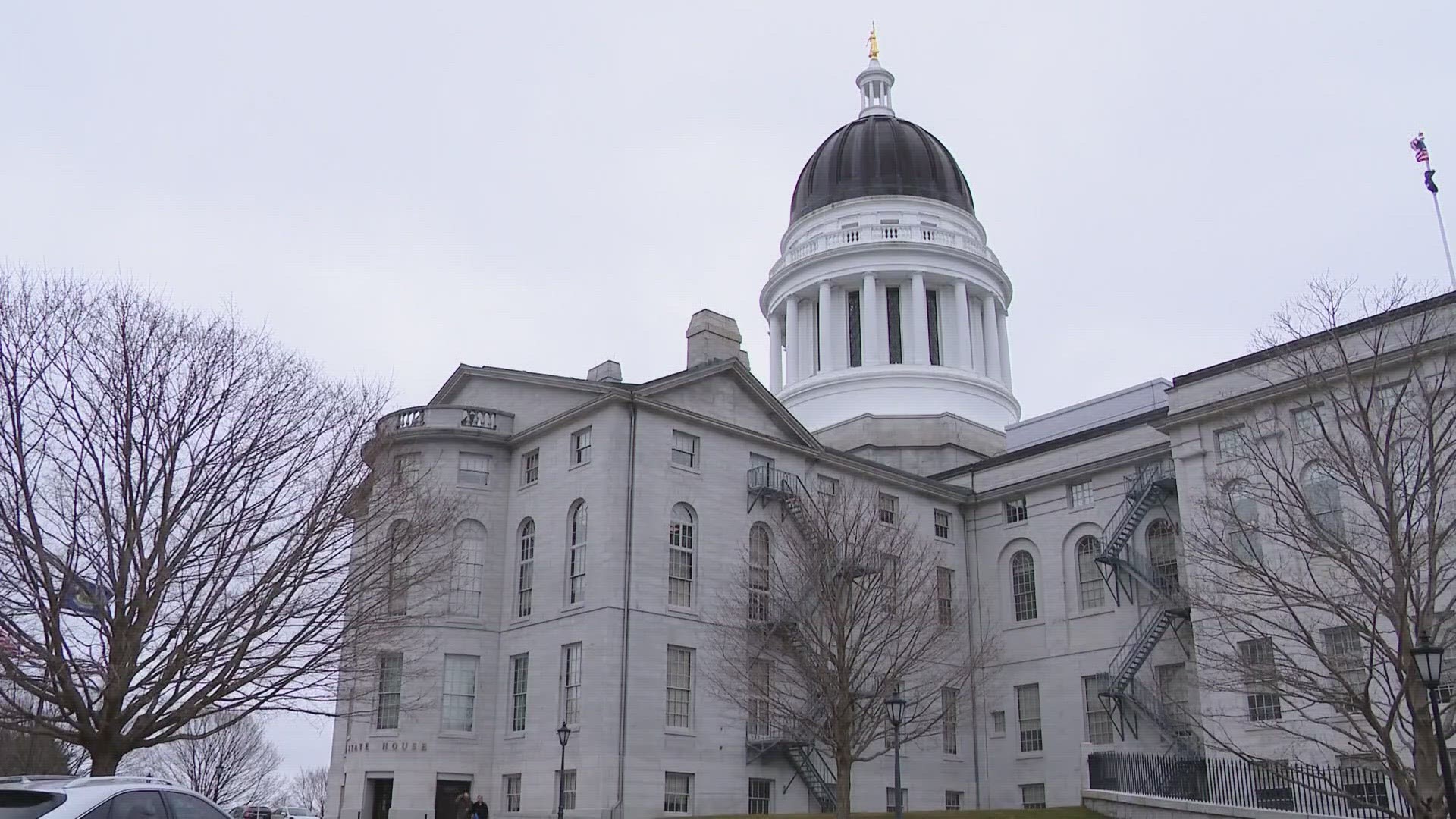The Zuckerberg-Trump Dynamic: Implications For Tech And Politics

Table of Contents
Facebook's Role in the 2016 Election and Beyond
The influence of Facebook, under Zuckerberg's leadership, on the 2016 US Presidential election and subsequent political events cannot be overstated. The platform's role in the spread of misinformation and foreign interference has sparked widespread debate about the responsibilities of social media companies and the need for greater regulation.
The Cambridge Analytica Scandal
The Cambridge Analytica scandal exposed the vulnerability of user data on Facebook and its potential misuse for political manipulation. This data breach, involving the harvesting of personal information from millions of Facebook users, raised serious concerns about user privacy and the platform's role in political advertising.
- Data breaches: The scandal highlighted the ease with which vast amounts of personal data could be harvested from Facebook, raising concerns about data security and the company's responsibility for protecting user information.
- User privacy concerns: The event fueled public outrage over Facebook's data practices and its lax approach to user privacy, leading to increased calls for stricter data protection regulations.
- Impact on political advertising: The scandal raised questions about the transparency and accountability of political advertising on Facebook, leading to calls for greater scrutiny of targeted advertising practices.
Foreign Interference and Misinformation Campaigns
The 2016 election saw the widespread use of Facebook to spread misinformation and influence voters, particularly through foreign interference campaigns, most notably from Russia. The platform's algorithms, designed to maximize engagement, inadvertently amplified the spread of fake news and divisive content.
- Russian interference: Investigations revealed a sophisticated Russian campaign to spread disinformation and sow discord on Facebook during the 2016 election, aiming to influence the outcome.
- Fake news: The ease with which false information could spread rapidly and widely on Facebook highlighted the platform's vulnerability to manipulation and its impact on public discourse.
- Algorithmic amplification: Facebook's algorithms, while designed to improve user experience, unintentionally amplified the reach of misinformation, contributing to its widespread dissemination.
- Targeted advertising: The use of targeted advertising on Facebook allowed malicious actors to reach specific demographics with tailored disinformation campaigns, exacerbating the problem.
Zuckerberg's Testimony Before Congress
Zuckerberg's appearances before Congress following the Cambridge Analytica scandal and revelations of foreign interference highlighted the intense scrutiny facing Facebook and its leadership. These testimonies sparked broader debates about accountability for social media platforms and the need for stronger regulation.
- Accountability: Zuckerberg's testimony faced intense questioning regarding Facebook's responsibility in protecting user data and preventing the spread of misinformation.
- Regulation debates: The hearings fueled ongoing debates in Congress about the need for increased regulation of social media platforms, including potential changes to Section 230.
- Section 230: The debate over Section 230 of the Communications Decency Act, which shields online platforms from liability for user-generated content, intensified following Zuckerberg's testimony.
Trump's Use of Social Media and its Consequences
Donald Trump's prolific use of social media, particularly Facebook and Twitter, redefined political communication. His direct engagement with supporters and his often controversial statements had a significant impact on the political landscape.
Trump's Direct Communication with Supporters
Trump bypassed traditional media outlets, communicating directly with his supporters through Facebook and Twitter. This strategy allowed him to cultivate a loyal following and circumvent traditional media gatekeepers.
- Populism: Trump's social media strategy resonated with populist sentiments, allowing him to connect directly with voters who felt ignored by mainstream media.
- Bypassing mainstream media: His use of social media allowed him to control the narrative and disseminate his message without filtering from traditional media outlets.
- Cultivating a loyal following: The direct and unfiltered nature of his communication fostered a strong sense of loyalty among his supporters.
The Banning of Trump from Social Media Platforms
Following the January 6th Capitol riot, Facebook and Twitter banned Trump from their platforms, sparking intense debate about freedom of speech, censorship, and the power of tech companies.
- Freedom of speech: The ban ignited a heated debate about the limits of free speech on private platforms and the role of social media companies in moderating content.
- Censorship debates: Critics argued that the bans amounted to censorship, while supporters maintained that the platforms had a responsibility to prevent the spread of misinformation and incitement to violence.
- Power of tech companies: The event highlighted the immense power wielded by tech companies and their potential influence on political discourse.
- Consequences of misinformation: The ban was justified in part by the platforms' concern about the potential for Trump's continued use of social media to incite further violence or spread misinformation.
The Impact on Political Discourse
Trump's social media usage significantly altered the norms of political communication, contributing to increased polarization and the spread of conspiracy theories.
- Increased hostility: The tone and style of Trump's social media posts often contributed to a climate of increased hostility and division in political discourse.
- Echo chambers: His social media presence reinforced existing political divides and created echo chambers where users were primarily exposed to information confirming their existing beliefs.
- Spread of conspiracy theories: Trump's frequent use of social media to promote conspiracy theories and unfounded claims contributed to their widespread dissemination and acceptance among his supporters.
- Erosion of trust: The spread of misinformation and the lack of accountability for false statements on social media contributed to a broader erosion of trust in traditional institutions and media outlets.
Implications for Tech Regulation and Policy
The Zuckerberg-Trump dynamic has underscored the urgent need for greater transparency and accountability from social media companies and for robust regulatory frameworks to address the challenges posed by misinformation, foreign interference, and the concentration of power in the hands of a few tech giants.
Calls for Greater Transparency and Accountability
There are increasing calls for greater transparency and accountability from social media companies regarding their algorithms, content moderation policies, and data handling practices.
- Algorithmic transparency: Advocates are pushing for greater transparency in how social media algorithms work, to understand how they amplify certain types of content and potentially contribute to the spread of misinformation.
- Content moderation policies: Debates continue regarding the best approaches to content moderation, balancing freedom of speech with the need to prevent the spread of harmful content.
- Independent audits: Independent audits of social media platforms could provide greater transparency and accountability regarding their data practices and algorithms.
The Future of Social Media Regulation
The future of social media regulation is uncertain, but several potential regulatory approaches are being discussed, including antitrust legislation, stricter data privacy laws, and more robust content moderation frameworks.
- Antitrust legislation: Concerns about the market dominance of Facebook and other tech giants have led to calls for antitrust legislation to increase competition and prevent monopolistic practices.
- Data privacy laws: The Cambridge Analytica scandal highlighted the need for stronger data privacy laws to protect user information and prevent its misuse for political purposes.
- Content moderation frameworks: There is ongoing debate about the best way to regulate content moderation on social media platforms, balancing free speech concerns with the need to prevent the spread of harmful content.
The Role of Tech Companies in Democracies
The relationship between tech companies and democratic processes is evolving rapidly. The role of these companies in shaping public discourse, influencing elections, and disseminating information requires careful consideration.
- Information ecosystem: Social media platforms have become central to the information ecosystem, shaping how people access and consume news and information.
- Influence on elections: The potential for social media to influence elections through misinformation and foreign interference remains a major concern.
- Responsibility of platform owners: There is increasing debate about the responsibility of social media platform owners to mitigate the risks associated with their platforms.
Conclusion
The Zuckerberg-Trump dynamic has exposed the profound influence of social media on politics and the urgent need for reform. The interplay between tech giants and powerful political figures highlights the crucial need for greater transparency, accountability, and robust regulation of online platforms. Understanding the implications of this complex relationship is vital for protecting democratic processes and mitigating the risks posed by misinformation and manipulation. Moving forward, continued scrutiny of the Zuckerberg-Trump dynamic and similar interactions is paramount to ensuring a healthier and more informed public sphere. Further research into the Zuckerberg-Trump dynamic is essential to navigate the evolving landscape of technology and politics.

Featured Posts
-
 Intelligence Artificielle Macron Et Le Patriotisme Economique Europeen
May 03, 2025
Intelligence Artificielle Macron Et Le Patriotisme Economique Europeen
May 03, 2025 -
 Justice Departments Decision The End Of A Desegregation Order And Its Ramifications
May 03, 2025
Justice Departments Decision The End Of A Desegregation Order And Its Ramifications
May 03, 2025 -
 Bbc Two Hd Programming Newsround
May 03, 2025
Bbc Two Hd Programming Newsround
May 03, 2025 -
 Sony Play Station Beta Program Registration Now Open
May 03, 2025
Sony Play Station Beta Program Registration Now Open
May 03, 2025 -
 Maine Launches First Ever Post Election Audit Pilot Program
May 03, 2025
Maine Launches First Ever Post Election Audit Pilot Program
May 03, 2025
